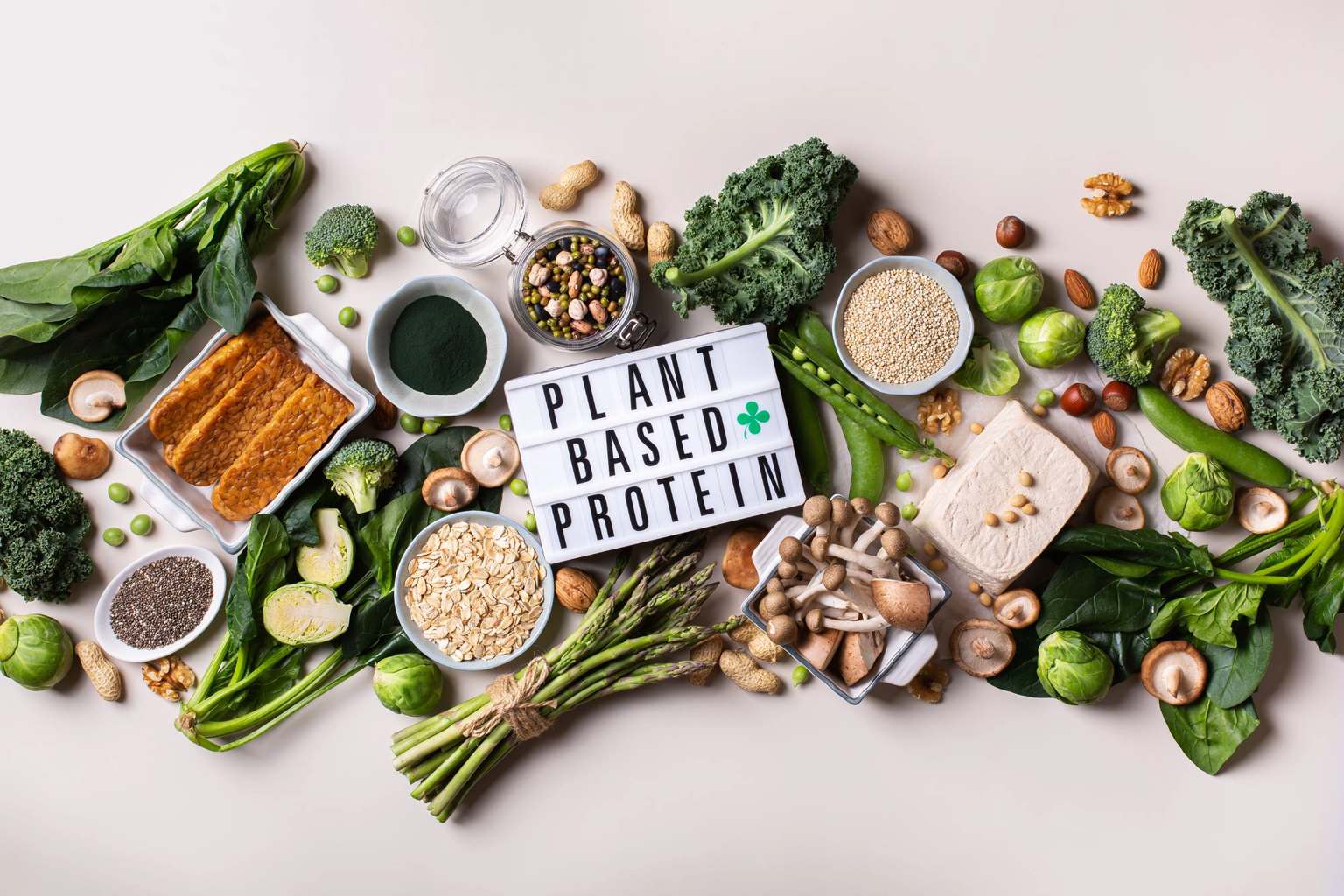As more people pursue healthier lifestyles and greater environmental sustainability, plant-based proteins have rapidly gained popularity. While traditional diets have focused heavily on animal-based sources, plant proteins offer a compelling combination of nutrition, wide-ranging health benefits, and a smaller ecological footprint. In this article, discover why adding plant-based proteins to your diet can fuel your body effectively while making a positive impact on the world around you.
What are plant-based proteins?
Plant-based proteins come from foods derived from plants, including legumes (such as lentils, beans, and chickpeas), grains (like quinoa, millet, and amaranth), nuts (such as almonds and walnuts), seeds (chia, flax, hemp), and a range of vegetables. Common staples—lentils, chickpeas, tofu, tempeh, quinoa, and nuts—deliver essential amino acids, which are the building blocks your body needs to repair tissue, build muscle, and support immune function.
Many plant foods are naturally low in saturated fat and cholesterol, making them a smart choice for those looking to support heart health and maintain balanced nutrition.
Health benefits of plant proteins
Including more plant proteins in your meals brings a variety of health perks:
- Lower saturated fat: Most plant-based protein sources are naturally low in saturated fat, supporting cardiovascular health and reducing the risk of heart disease.
- Rich in fiber: Unlike most animal proteins, plants provide dietary fiber, which aids digestion, regulates blood sugar, and supports healthy cholesterol levels.
- Loaded with antioxidants: Many plant foods contain vitamins, minerals, and phytonutrients that help fight inflammation and reduce oxidative stress.
- Weight management: The combination of fiber and protein promotes satiety, helping you feel fuller longer and reducing the urge to overeat.
- Better gut health: Fiber-rich plant proteins support a diverse and healthy gut microbiome, which is increasingly recognized as key to overall well-being.
These benefits make plant-based proteins a great option for anyone looking to maintain or improve their health, manage weight, or simply eat more mindfully.
Complete vs incomplete proteins
You may have heard the term complete protein. This means a protein source contains all nine essential amino acids that your body can’t produce on its own. While some plant proteins—like quinoa, soy, and buckwheat—are complete, others (such as most beans, grains, and nuts) are considered incomplete. However, by eating a varied diet and combining different plant sources (for example, rice and beans), you can easily get all the amino acids your body needs to thrive.
For most people, eating a range of plant foods throughout the day is enough to ensure complete protein intake—no complicated planning required.
Environmental impact
Beyond personal health, choosing plant-based proteins is a powerful way to help the environment. Producing plant proteins generally requires less water, land, and energy than raising livestock. It also generates far fewer greenhouse gas emissions, making it one of the most effective choices for lowering your ecological footprint. Shifting to more plant-based meals—even just a few times a week—can contribute meaningfully to climate change mitigation and help preserve natural resources for future generations.
Tips for incorporating plant proteins
- Add beans or lentils to soups, salads, stews, or grain bowls for an easy protein boost.
- Swap meat for tofu, tempeh, or seitan in stir-fries, sandwiches, and curries.
- Snack on nuts and seeds for protein, healthy fats, and fiber.
- Try plant-based protein powders in smoothies or oatmeal for a quick meal on the go.
- Experiment with ancient grains like quinoa, amaranth, or millet as tasty, protein-rich alternatives to rice or pasta.
- Try meatless Mondays or build a rainbow of plant proteins into your weekly meal prep.
Myths about plant-based proteins
There’s a persistent myth that plant proteins can’t support muscle growth or athletic performance. However, studies show that when consumed in adequate amounts and combined wisely, plant-based diets can provide all the protein active individuals and athletes need. In fact, many elite athletes now thrive on plant-powered nutrition for both health and performance.
The key is paying attention to total protein intake and eating a wide variety of foods to cover all your amino acid needs.
Final thoughts
Plant-based proteins offer a nutritious, versatile, and sustainable way to fuel your body. Whether you’re vegetarian, vegan, or simply looking to diversify your diet, embracing more plant proteins can benefit your health and support a greener planet. You don’t have to sacrifice strength, flavor, or satisfaction—just start with a few swaps and see how easy (and delicious) it can be.
🌱 Eating green doesn’t mean sacrificing strength or taste—it means nourishing yourself and the world, one meal at a time.

